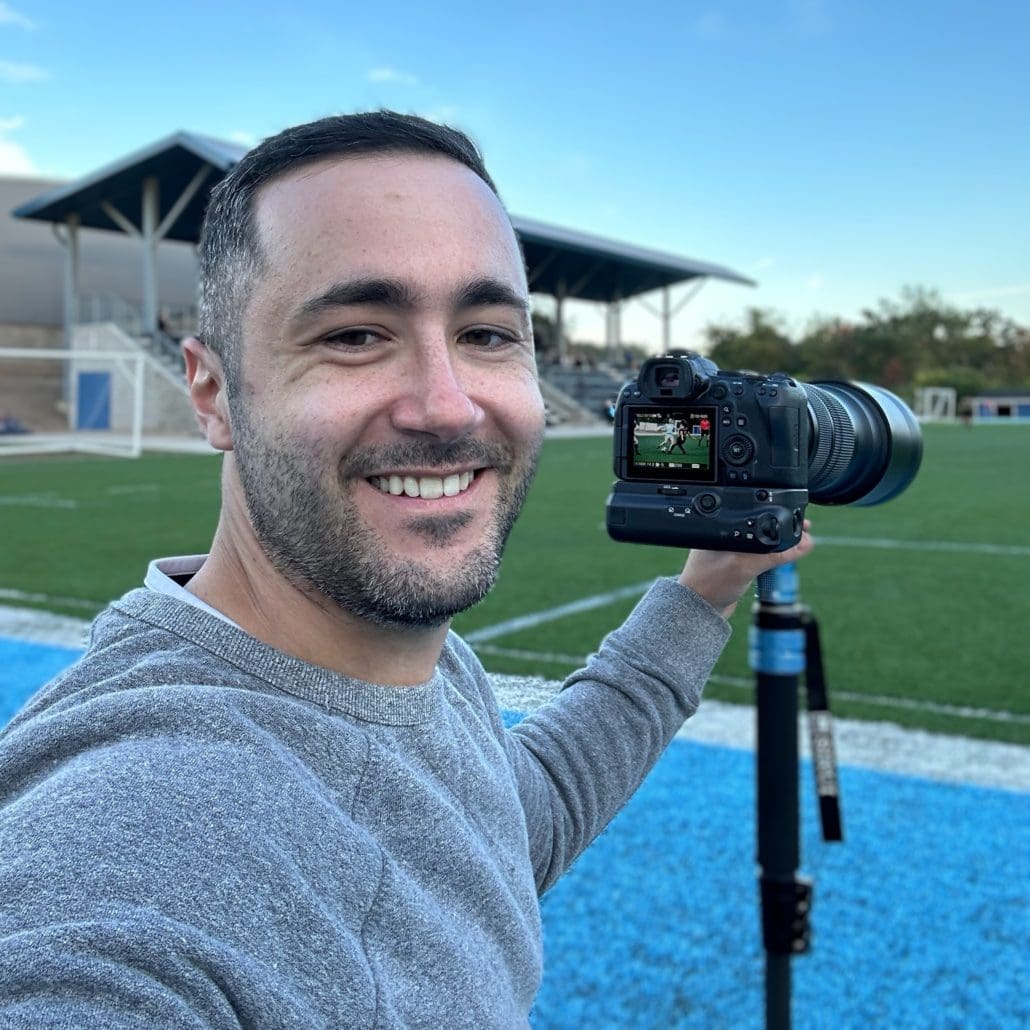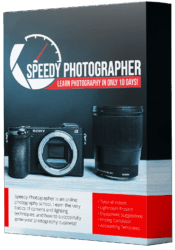Five Ways to Boost Your Efficiency as a Sports Photographer
Whether you’re a sports photographer facing immediate deadlines or a photographer in a different field, I have found as a sports photographer based in Canada, Toronto, and Hamilton that these five techniques can significantly enhance your productivity and ensure you never miss capturing the crucial moments.
Master In-Camera Tagging
In the heat of the moment, especially during a sporting event, every second counts. In-camera tagging is a game-changer. By utilizing the ‘Rate’ button on your camera, you can quickly tag your best shots. This method is incredibly efficient—imagine tagging a spectacular goal shot while the ball is still in the other half. This practice drastically cuts down your post-event sorting time, allowing you to deliver images to your clients faster.
Optimize Back-Button Autofocus (AF)
Back-button AF is a powerful technique that separates focusing from the shutter release, offering you more control and speed. This method allows you to lock focus on a subject without having to refocus every time you press the shutter button. It’s particularly useful in dynamic environments like sports photography, where your subject’s distance from the camera changes rapidly.
‘Getting It Right’ In-Camera
The philosophy of ‘getting it right in-camera’ is crucial for efficiency. This includes setting the correct crop, ensuring accurate exposure, and using the right color profile. By nailing these settings in-camera, you minimize the need for post-processing, enabling you to deliver high-quality images at a faster pace. This approach not only saves time but also preserves the authenticity of the moment captured.
JPEG vs. RAW: Knowing When to Use Each
While RAW images offer the best quality and post-processing flexibility, they’re not always the practical choice for immediate delivery. In situations demanding quick turnaround, shooting in JPEG—or simultaneously in JPEG and RAW—can be a lifesaver. JPEG files are smaller, easier to transmit, and require less processing time, making them ideal for meeting tight deadlines without compromising the availability of RAW files for future detailed editing.
Utilize Dual-Slot Recording and Tethering
Many modern cameras come equipped with dual-slot recording, enabling you to create instant backups and organize your files more efficiently. You can save JPEGs on one card and RAWs on another, or have an immediate backup for each photo taken. Additionally, tethering your camera to a computer or network can streamline the process of reviewing, editing, and delivering photos during an event, providing a near real-time workflow.
By integrating these five techniques into your photography routine, you’ll not only save time but also enhance the quality and responsiveness of your work. Whether you’re capturing the fast-paced action of a sporting event or focusing on other photography genres, efficiency is key to staying competitive and satisfying the ever-growing demand for immediate, high-quality visual content.





Leave a Reply
Want to join the discussion?Feel free to contribute!